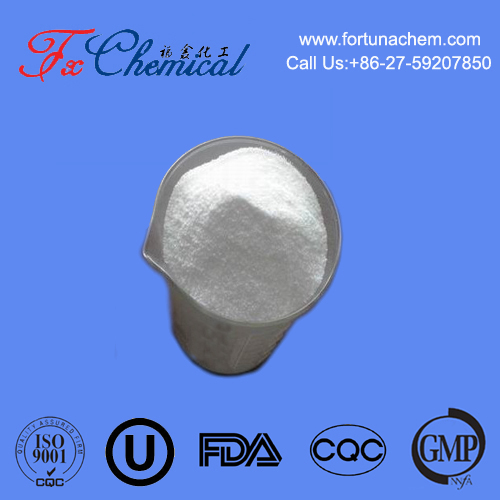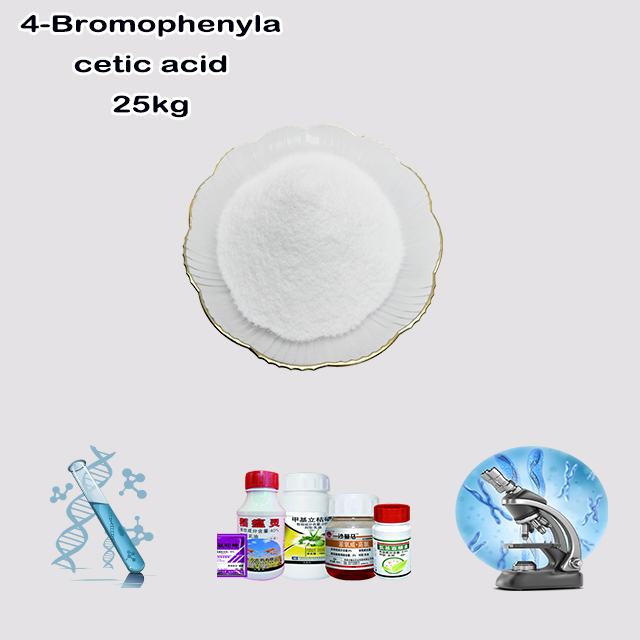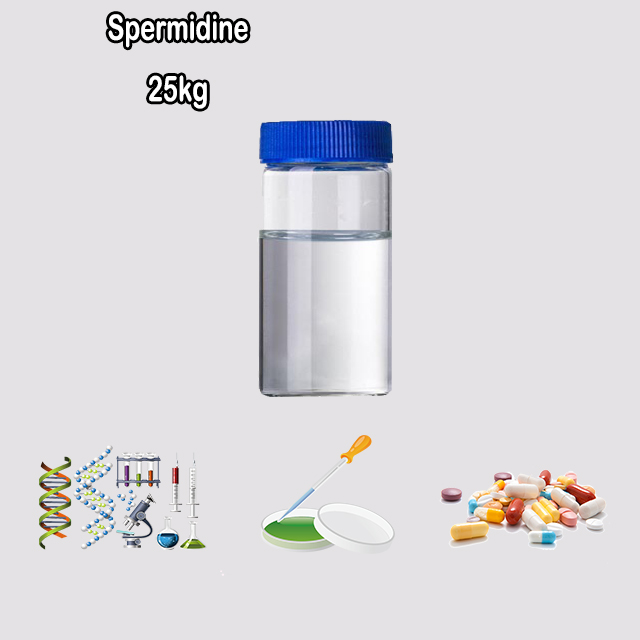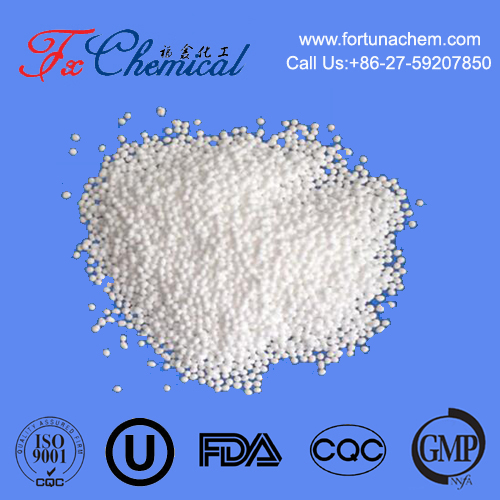
Search

Search

-2-hydroxypropanesulfonate主图.jpg)
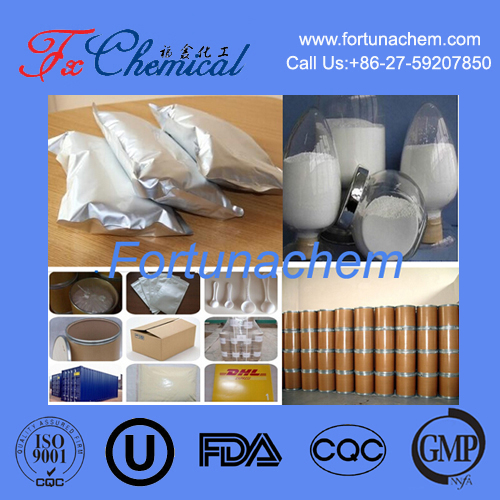
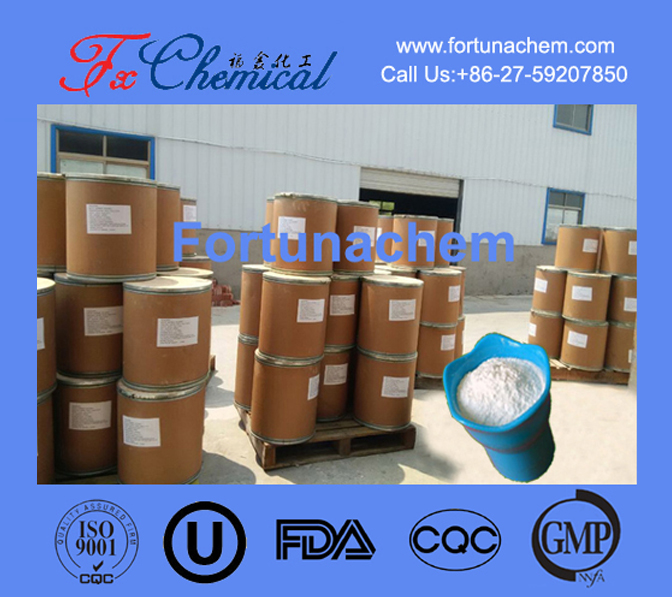
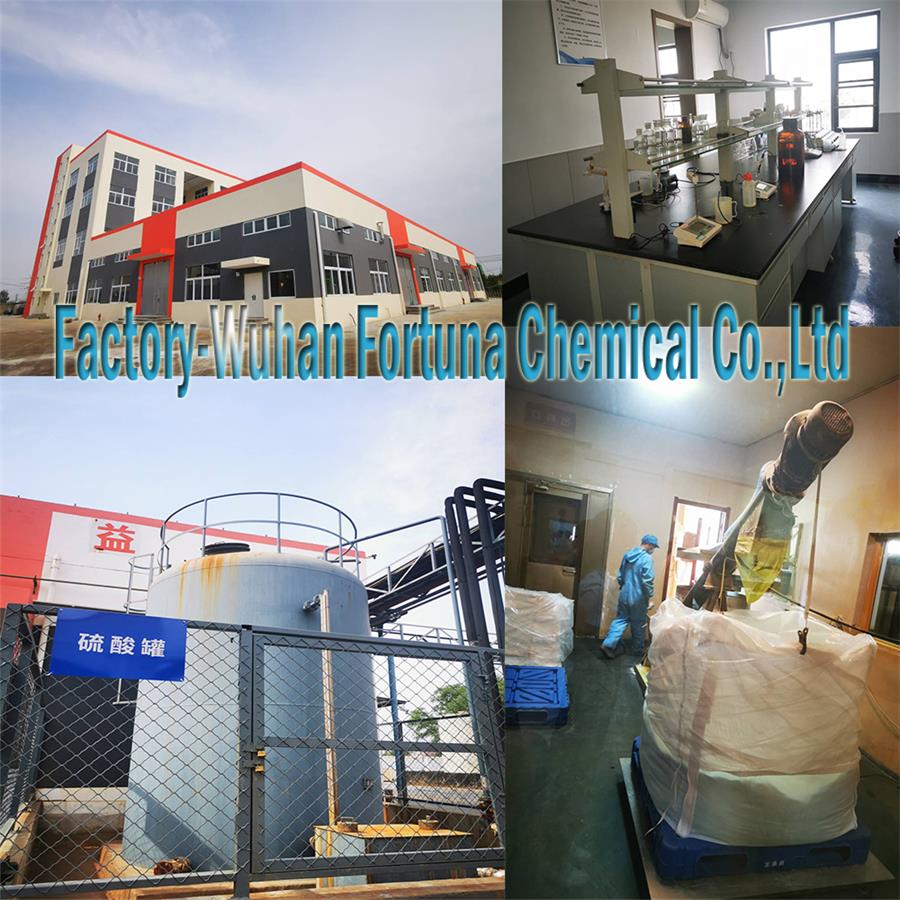
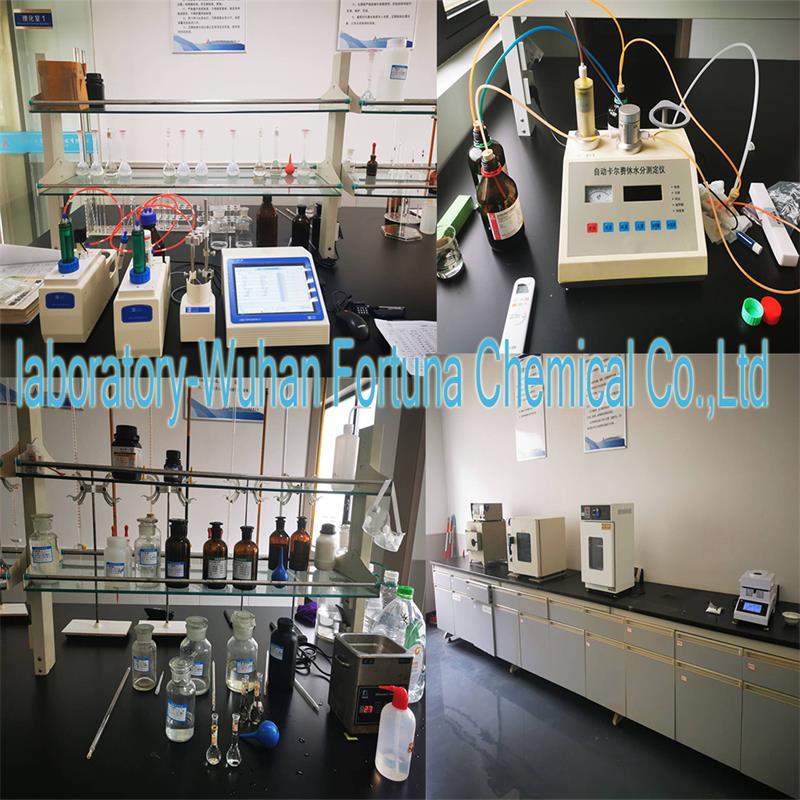
-2-hydroxypropanesulfonate主图.jpg)




Sodium 3-(N-ethyl-3-methylanilino)-2-hydroxypropanesulfonate is a complex organic salt primarily known as a key precursor or intermediate in the synthesis of dyes and pigments.
Its molecular structure contains both hydrophilic (sulfonate group) and hydrophobic (aromatic ring) parts, making it useful for creating colored compounds that bond well to various materials, especially textiles.
You will not find it in consumer products but rather in industrial chemical manufacturing processes. It is not a common drug, supplement, or food additive. Its significance lies entirely in its role in producing other, more complex chemical compounds.
| Item | Specification |
| Appearance | White Crystalline Powder |
| Assay | 99%min |
| Product parameters | |
| Cas number: | 82692-93-1 |
| Appearance: | White Crystalline Powder |
| Purity: | 99% min |
| MOQ: | 1kg |
| Price: | Negotiable |
| Package details: | 1kg/foil bag |
| Brand: | Fortuna |
This compound is a synthetic organic chemical that belongs to a class of compounds known as sulfonated amino alcohols. Its complex name precisely describes its molecular structure:
Sodium: Indicates it is a sodium salt, which makes it highly soluble in water.
3-(N-ethyl-3-methylanilino): Refers to a nitrogen (N) atom connected to an ethyl group (-CH₂CH₃) and a specific aromatic ring (a toluene derivative called 3-methylaniline or m-toluidine).
2-hydroxypropanesulfonate: Describes a three-carbon chain with a hydroxyl (-OH) group on the second carbon and a sulfonate (-SO₃⁻) group on the third carbon.
In simpler terms, the molecule is designed with a large, oil-soluble (lipophilic) aromatic component and a highly water-soluble (hydrophilic) ionic sulfonate group. This structure is crucial for its function.
This chemical is not a consumer product or a drug. It is exclusively an industrial intermediate, specifically a chemical precursor used in the synthesis of dyes and pigments.
Its key role is in the production of triarylmethane dyes and, more specifically, it is a critical intermediate in the manufacture of certain sulfur-containing dyes.
How it works:
Chromophore Backbone: The "N-ethyl-3-methylanilino" part of the molecule provides the foundational structure that will become part of the dye's chromophore—the part of a molecule responsible for its color.
Reactive Site: The hydroxyl (-OH) and sulfonate (-SO₃⁻) groups are functional sites that allow this molecule to react with other compounds (like aromatic aldehydes or other intermediates) to form the larger, complex structure of the final dye molecule.
Solubility: The sulfonate group ensures that both this intermediate and the final dye product have good water solubility, which is essential for dyes used in textile coloring, inks, and paper.
Water-Solubility: The sodium sulfonate group makes the compound easy to handle and process in aqueous (water-based) industrial environments.
Reactivity: Its specific structure allows it to undergo condensation and other reactions to form the extended conjugated systems (networks of alternating single and double bonds) that absorb visible light and create color.
Industrial Importance: Dyes derived from such intermediates are used to color a wide variety of materials, including textiles (cotton, wool, silk), paper, and leather.
Handling: As an industrial chemical intermediate, it is handled under controlled conditions by professionals. It is not intended for, and should not be used by, the general public.
Regulation: Its production and use are governed by industrial safety and environmental regulations concerning chemical manufacturing.
Not a Consumer Product: You will not find this compound in any household products, foods, medicines, or supplements. Its entire purpose is to be transformed into another chemical during manufacturing.
In summary, Sodium 3-(N-ethyl-3-methylanilino)-2-hydroxypropanesulfonate is a specialized, water-soluble chemical building block used almost exclusively in the industrial synthesis of dyes and pigments. Its value lies entirely in its specific reactivity and structure, which allows chemists to construct larger molecules that impart color to materials.
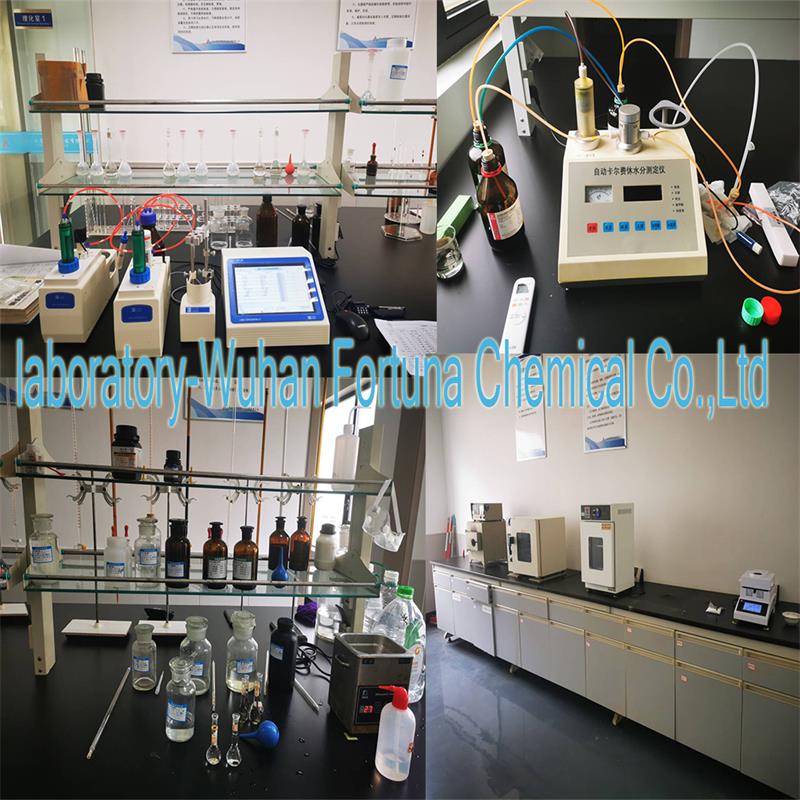
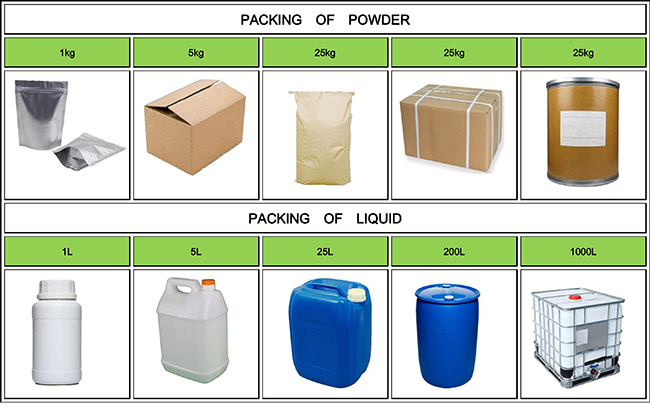
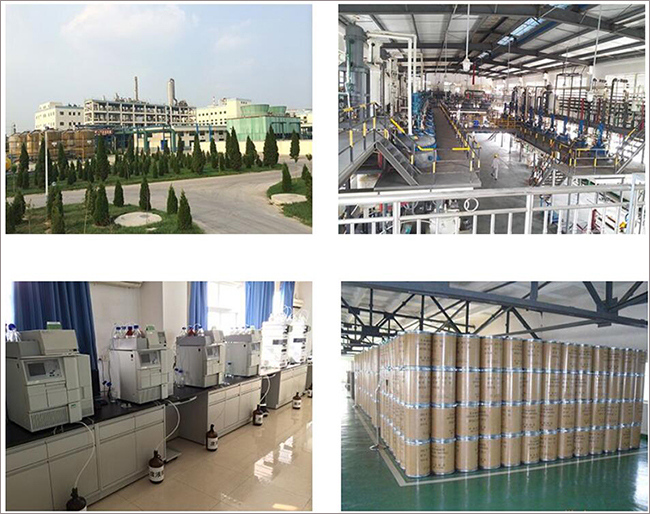

Fortunachem Provides Not Only Professional Chemical Products But Also Professional Help
Keeping you up-to-date with all the latest information, news, and events about Fortunachem!

Quick Links
Add:
E-mail:
 English
English  Español
Español  français
français  العربية
العربية 